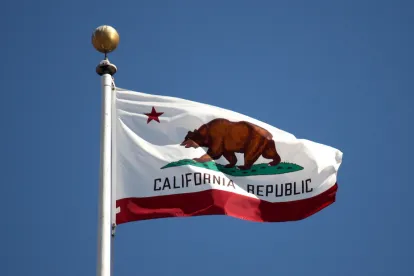On July 13, 2017, the Supreme Court of California issued a unanimous opinion in Williams v. The Superior Court of Los Angeles County (Marshalls of CA, LLC), holding that a representative plaintiff in a Private Attorneys General Act (PAGA) case does not need to show good cause at the outset of litigation before the employer is required to produce the names and contact information of other allegedly aggrieved employees. This decision puts new pressure on employers to the extent it authorizes a single PAGA plaintiff to obtain statewide employee contact information and other broad discovery, based on little more than speculation that an unlawful statewide practice exists. Although the court’s opinion may encourage plaintiffs to file PAGA claims of dubious merit in the hopes of gaining quick settlement leverage in the early phases of discovery, the opinion also offers alternative solutions for employers seeking to limit discovery and provides tools for challenging the representative standing of a PAGA plaintiff.
The Courts’ Analyses
In Williams, the trial court ruled that Marshalls, the employer, was not required to produce employee names and contact information for every one of its retail stores in California unless the plaintiff could first present some evidence to support his allegation that the retailer has a statewide policy or practice that does not comply with law. According to the supreme court, this was an abuse of the trial court’s discretion because the California Code of Civil Procedure contains no “good cause” standard for interrogatories, the employer presented no evidence that it would be burdensome to produce employee names and contact information, and the privacy rights of employees can be protected adequately through the customary Belaire-West notice procedure that gives employees an opportunity to opt-out of the disclosure. In effect, the Supreme Court reduced the matter to a run-of-the-mill discovery dispute after explaining that PAGA actions are no different from other actions from a discovery perspective.
Key Strategies for Employers in Light of Williams
Williams is a reminder that it’s optimal for employers to attack PAGA complaints at the pleading stage, whether through demurrers or motions to strike, to limit the scope of discovery (and exposure generally). Employers may also want to ensure that any opposition to a motion to compel is supported with detailed evidence of the time and expense required to comply with a discovery request. Although the burden of collecting employee contact information is often low for employers with centralized HR database systems, many employers do not maintain this information in a readily accessible form.
Employers may additionally want to consider motions to phase or sequence discovery as authorized by the California Code of Civil Procedure. The Supreme Court acknowledged that there may be “special reason to limit or postpose” discovery of contact information in certain circumstances, and that an employer is free to file a motion under section 2019.020 of the Code of Civil Procedure to phase discovery for the convenience of the parties or in the interests of justice. However, because the defendant in Williams did not file a motion under this section, the court declined to address whether the retailer had good cause to delay the production of employee names and contact information.
The Williams opinion also supports employers’ arguments that trial manageability is a basic prerequisite for PAGA actions. The Williams court recognized that a PAGA plaintiff bears the burden of proving that the case is “manageable.” This is good news because the state’s high court has now implicitly endorsed the line of recent state and federal court decisions rejecting representative PAGA lawsuits as unmanageable without applying the rigorous analysis required for certification of a class action. Somewhat cryptically, however, the court suggested that at least some representative PAGA actions could be tried in a manageable way even without evidence of a common policy affecting all “aggrieved employees” alike.
During the case management process, in filing motions to strike, and when deploying other procedural devices, employers can now feel even more confident when challenging a PAGA claim based on the various class certification principles that overlap with manageability.





 />i
/>i
